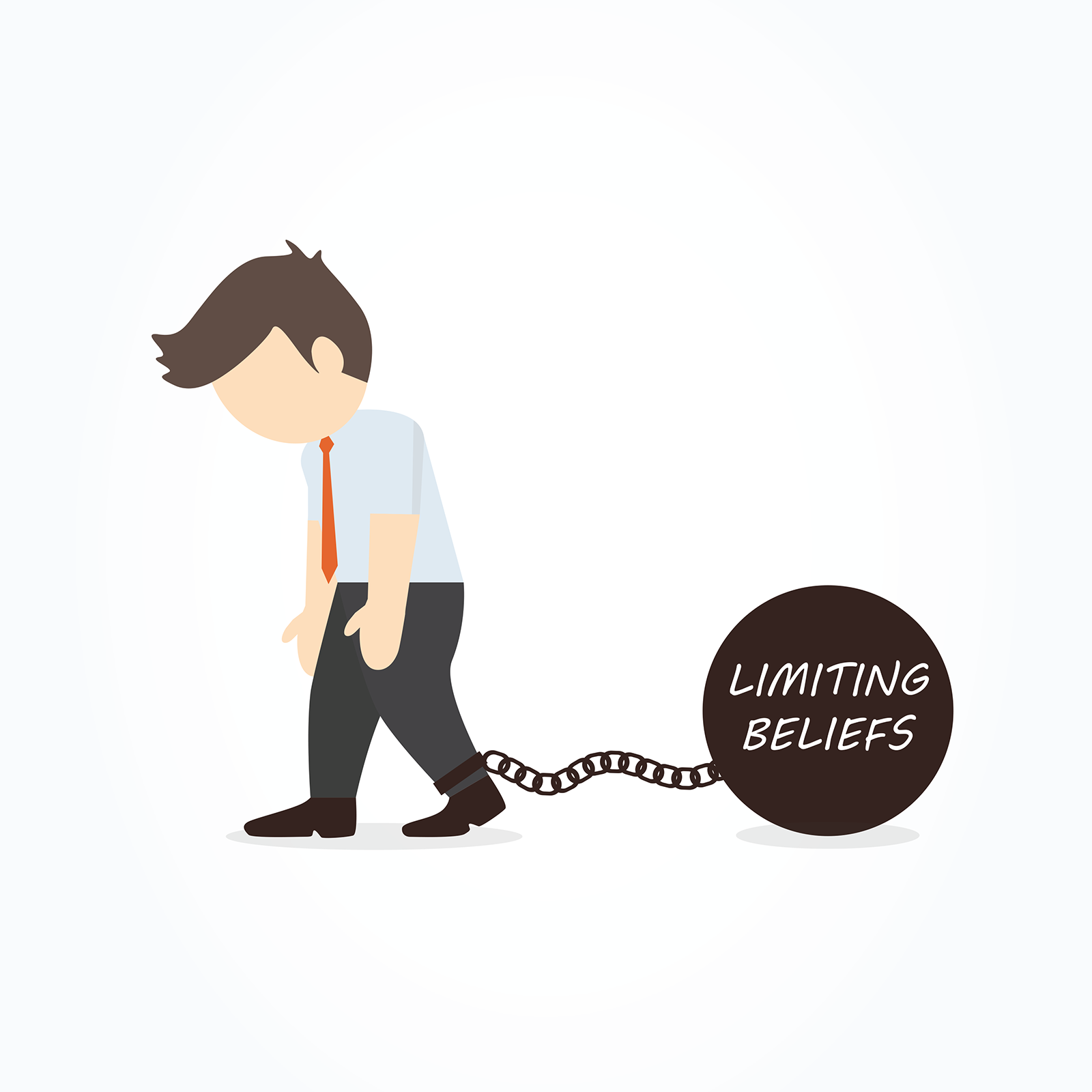Share

Beliefs are the rules we live by. They are our best guess at “reality” and form our mental outlook of the world around us based on our individual experiences. Beliefs are not facts, although we often mistake them for facts. Beliefs can act as self-fulfilling prophecies. They can “act” so as to give us permission and conversely, they can act as “blockers” to what we “can” and “want” to do.
Joseph O’Conner
In any given day or week, the world over, the following phrases are spoken (if not muttered) by people from all walks of life;
“I’m not good enough
“They are all so much better than me”
“I will sound like an idiot”
“I can’t do this “and “No one will accept me if I act myself”
I could go on with this list of examples of beliefs that we hold to true of ourselves, yet upon closer examination there will invariably be little or no factual evidence to support these beliefs. We all criticise ourselves and sometime highlighting our flaws can be a way to bond with someone by making ourselves vulnerable by sharing experiences. Some people use self-depreciation to make others laugh, many people use it as a defence mechanism – often without realising it.
The problem with talking (and thinking) in this way, is that the thoughts don’t end here. You begin to internalise the self-talk and over time you begin to believe that what you are thinking is true
These beliefs begin to control the way you act and you go in “search of the evidence” to confirm your thinking and belief. In doing so you get caught in a spiral ever increasing constraints by the false limitations you’ve place on yourself.
And here’s the thing, when you start to limit yourself in this way, you miss out on a whole host of opportunities, success and chances to shine.
Limiting beliefs can stem from a variety of sources, including what you have been told growing up, false information, faulty logic and past experience. But, when I drill down into where these beliefs come from with my clients, one of the most common reasons we (subconsciously) limit our beliefs is fear.
We’re afraid to try in case we fail. We’re afraid to embarrass ourselves. We’re afraid of succeeding and having to step up. We even stop setting the goals we really want as we don’t dare to strive for them.
Now, it may feel like these thoughts are there before you’ve even registered the situation. That negative little voice that conveniently pipes up when you’re having a wobble about something can be quick. But the beliefs are only there because they have become habit. And, like all habits, you can (with practice) stop it and alter the way you react.
I’m afraid that there is no instantaneous way to stop thinking in a self-sabotaging way. There is no switch that will revert everything back to the positive and optimistic version of you. But there are some things that you can practice doing – and over time, they will become your new automatic response to challenging situations;
I’d like to invite you to think about any New Year’s resolutions or 2020 goals that you’ve set yourself with this article in mind. Have you unknowingly minimised the scope of your goals because of your limiting beliefs?
If you’d like help with overcoming your limiting beliefs, or setting goals for the New Year that will help you achieve your potential, then get in touch today.
Share
Dennis Stanley
Managing Partner
+44 (0) 7812 192 754